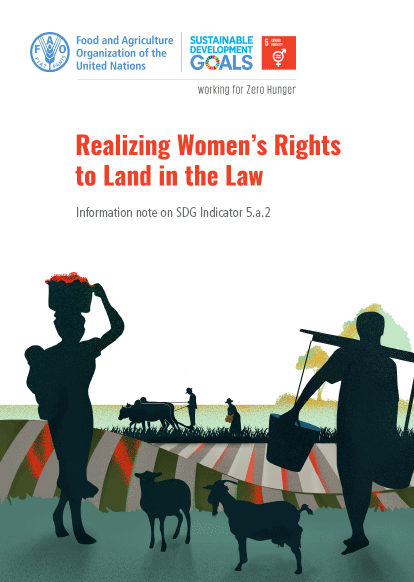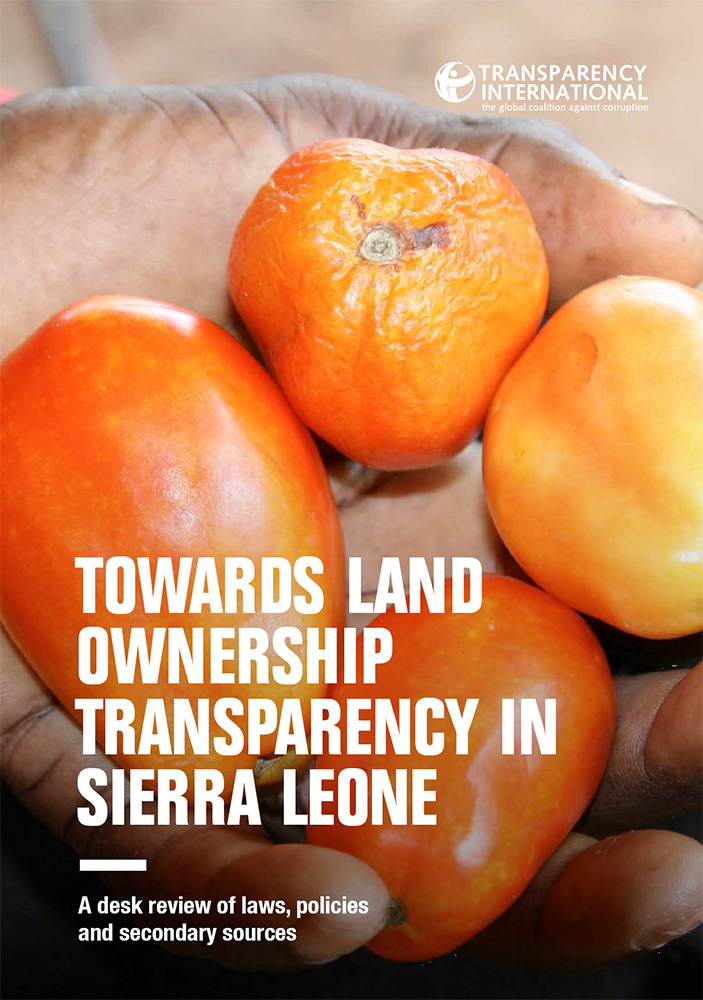The Law Amending the Electricity Law - SLORC Law No. 3/90 (English)
The State Law and Order Restoration Council -
The Law Amending the Electricity Law -
(The State Law and Order Restoration council Law No. 3/90) -
The 12th Waxing Day of Tabaung, 1351 M.E.
(7th March, 1990)




